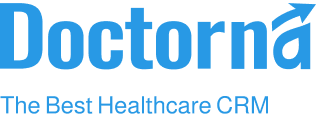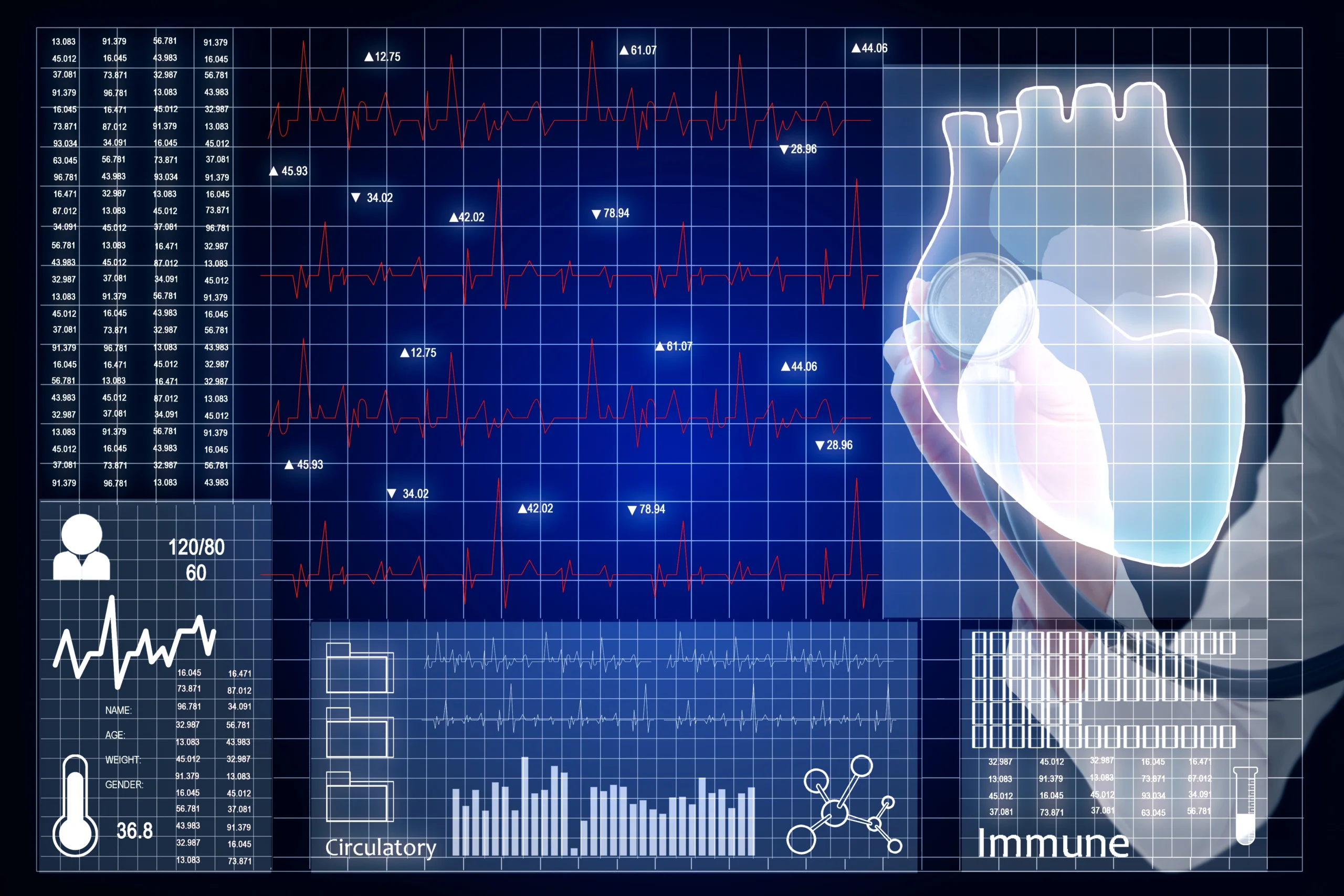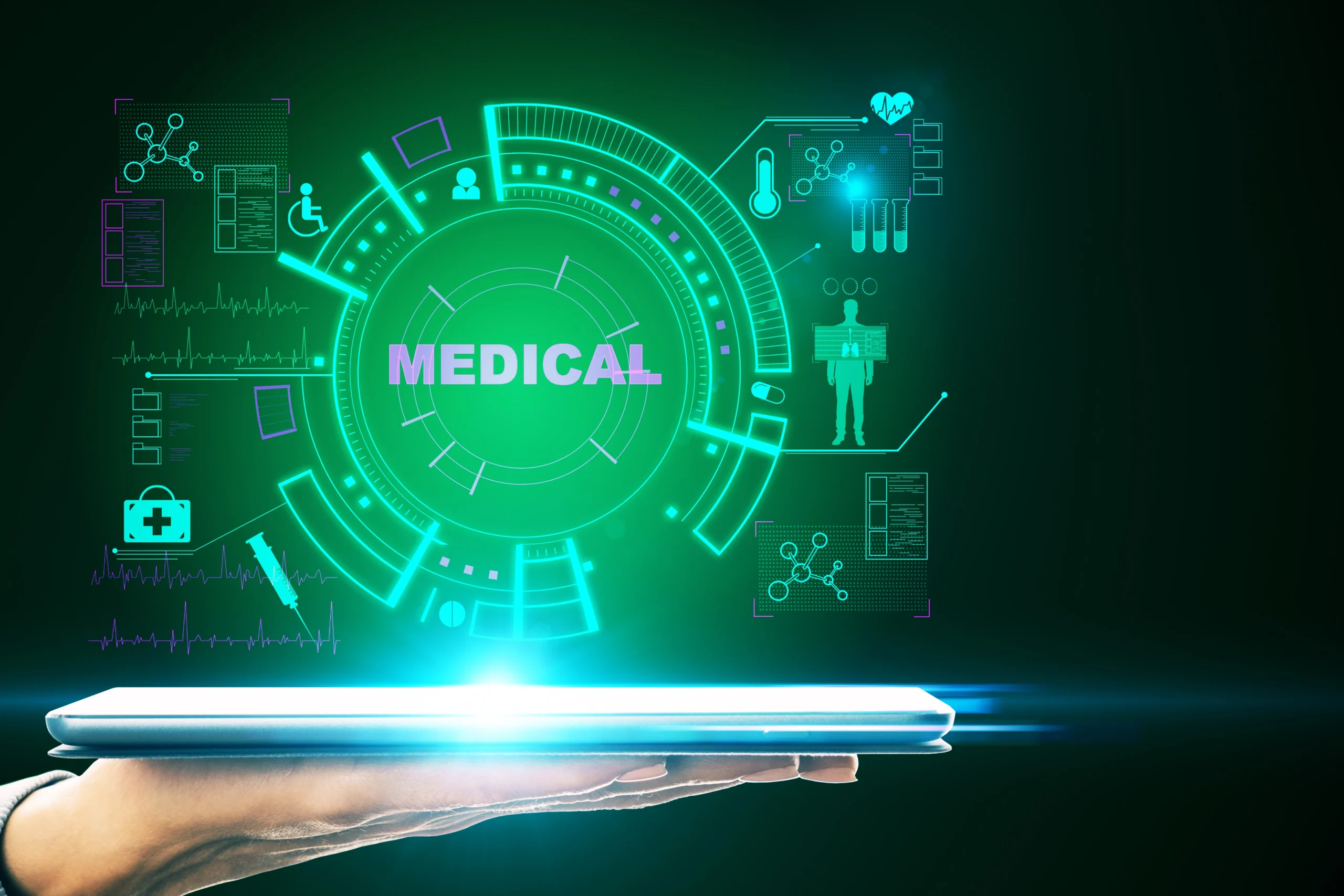A. Evolving Key Trends in Healthcare CRM
- AI-Powered Personalization: AI has started a revolution in Health CRM by making it possible to give each patient a hyper-personalized experience. AI algorithms can find out the needs and preferences of every individual by processing large volumes of patient data.
Consequentially, this can allow the healthcare provider to give personalized communication, treatment plans, and recommendations. Predictive analytics can be done through AI for future patient needs and provide proactive care and intervention.
McKinsey & Company estimates that AI-powered personalization improved patient satisfaction by a value as high as 20% and simultaneously reduced healthcare costs by 10-15%.
- Improved patient experience: The healthcare experience needs to be seamless and convenient for the modern patient. Advanced CRM systems provide omnichannel communication, allowing seamless connectivity between patients and providers across the channel of comfort for the patient-likely phone, email, or chat.
Integration with self-service portals allows patients to print their health records, schedule appointments, and manage their care online. It can further integrate with virtual and remote care options to extend access to healthcare services and improve convenience for the patients.
Accenture’s recent survey shows that 77% of patients will use telehealth services, which outshines providing options for remote care.
- Data-Driven Decision Making: Data is the lifeblood of modern healthcare. Advanced CRM systems come with powerful analytics capabilities to extract useful insights from patient data.
Analyzing key performance indicators and spotting trends in them allows providers to make informed decisions on resource optimization, operational efficiencies, and ultimately better patient outcomes.
- Interoperability and Data Security: In today’s connected world of healthcare, interoperability between systems ensures there is no kind of glitch through which data passes easily.
Advanced CRM systems should be designed and developed to become compliant with standards and rules of interoperability. Also, the cybersecurity should be strong enough to keep sensitive information of the patients safe from various kinds of cyber threats.
In fact, 80% of all healthcare organizations experienced some kind of data breach in the past year, according to HIMSS, underlining the importance of data security.
- Cloud-Based Solutions: Scalability, flexibility, and economies of scale are some of the potential advantages of using cloud CRM solutions.
Healthcare providers have secure access to their CRM systems anywhere, anytime, and from any device. This is to ensure access and collaboration remotely, with deployment more efficiently.
Forbes Insights, in its survey, establishes the fact that 83% of the organizations engaged in healthcare are adopting cloud-enabled solutions to promote efficiency and economy. Any Healthcare CRM’s Future
Upcoming technologies are likely to further change the face of healthcare CRM. Starting with blockchain technology for increasing data security and privacy to IoT, doing wonders for allowing real-time monitoring of patients and their care from a distance, to AR, to VR for immersive experiences in patient education and training.
However, this will have to be balanced with human empathy and a personal approach. On the other hand, health professionals will be using AI as a tool to extend, but not replace, human capabilities. Ethical considerations include data privacy and equity in access to healthcare services.
B. The Way Forward
As you can see, there are several trends of healthcare CRM systems that healthcare providers must account for. To successfully shape the future of healthcare CRM, providers must invest in advanced systems tailored to their specific needs and long-term goals.
Ensuring data quality and security through strong governance practices is essential, along with fostering a culture of innovation that embraces new technologies.
Equally important is empowering healthcare professionals through ongoing training and support to maximize CRM benefits. As emerging technologies continue to integrate with CRM systems, providers have the opportunity to transform care delivery and significantly enhance the patient experience.







